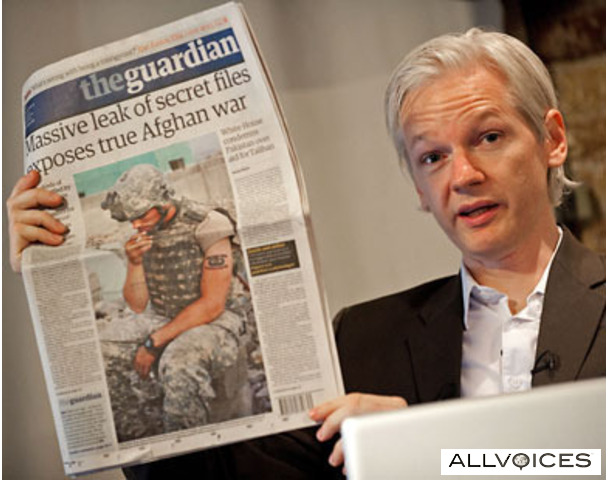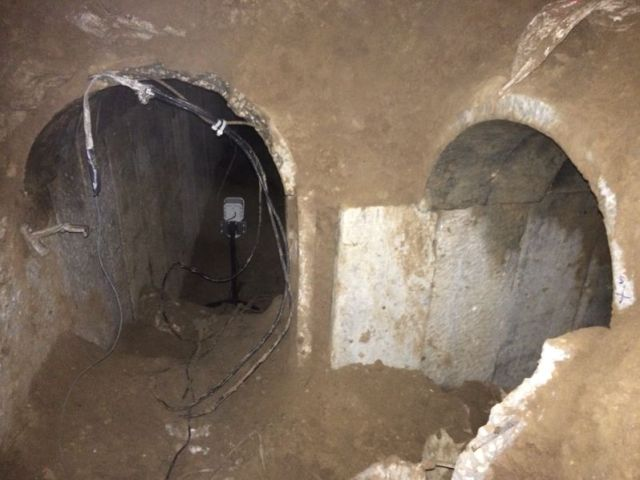
The egregious hubris of journalists in liberal, democratic societies was on full display in Simon Jenkins column in CiF, in the very title of the piece:
“US embassy cables: The job of the media is not to protect the powerful from embarrassment: It is for governments – not journalists – to guard public secrets, and there is no national jeopardy in WikiLeaks’ revelations.”
In that brief headline, and subtitle, we have, in short, a journalistic ethos that is both narcissistic as it is adolescent – demonstrating a media elite who don’t allow themselves to be burdened with such quaint notions as citizenship and responsibility. Whether or not such leaks – classified diplomatic communications from U.S. diplomats abroad – harms national security or endangers lives are questions the likes of Jenkins clearly are not burdened with.
Notably, the Guardian just released a video commentary on the Wikileaks affair – which includes comments from Guardian editors and correspondents. Especially relevant were the comments from Jonathan Powell, former Chief of Staff of Tony Blair, who said: “there may of course be in those [wikileaks] telegrams be [sic] revelations that do actually endanger lives….so I think there is a risk to people’s lives in those telegrams.”
Jenkins and the Guardian (as well as La Monde, El Pais and The New York Times) are, after all, doing what a proper liberal pedigree commands them to do: “Comforting the afflicted, and afflicting the comfortable.”
Jenkins asserted the following early in his essay:
“Anything said or done in the name of a democracy is, prima facie, of public interest. When that democracy purports to be “world policeman” – an assumption that runs ghostlike through these cables – that interest is global.”
No, Mr. Jenkins, not everything said or done in the name of democracy is of public interest. In the real world, free, democratic nations are engaged in serious battles (militarily and diplomatically) with very real enemies – closed totalitarian regimes (like Iran, N. Korea, Syria, and China) – who, by their very nature don’t have to worry about their own state secrets being revealed, and can (and do) use such asymmetry to their advantage.
It is sad that journalists such as Jenkins likely would snicker at the notion that patriotism should play a role in their decision-making. However, while responsible journalists in democratic nations should rightly view their job as investigating, and reporting on, the truth in all matters relating to the public interest, such an admittedly noble ideal must also, at the end of the day, be balanced with their responsibilities as citizens of the country in which they live. It’s not called “selling out.” Its called being a responsible adult.
U.S. Senator Joe Lieberman quite eloquently summed up the Wikileak controversy when he said:
“To keep our country safe, some information must be kept secret. This is a balancing act that the American people themselves ultimately control through our democratically elected representatives and our institutions. What Wikileaks is doing is to short-circuit this entire democratic process — claiming for itself the exclusive, unilateral, and unchecked power to decide what should and shouldn’t be made public. This is therefore not only an attack on our national security, but an offense against our democracy and the principle of transparency.”
I couldn’t agree more.
What are your thoughts?
[polldaddy poll=4163338]



